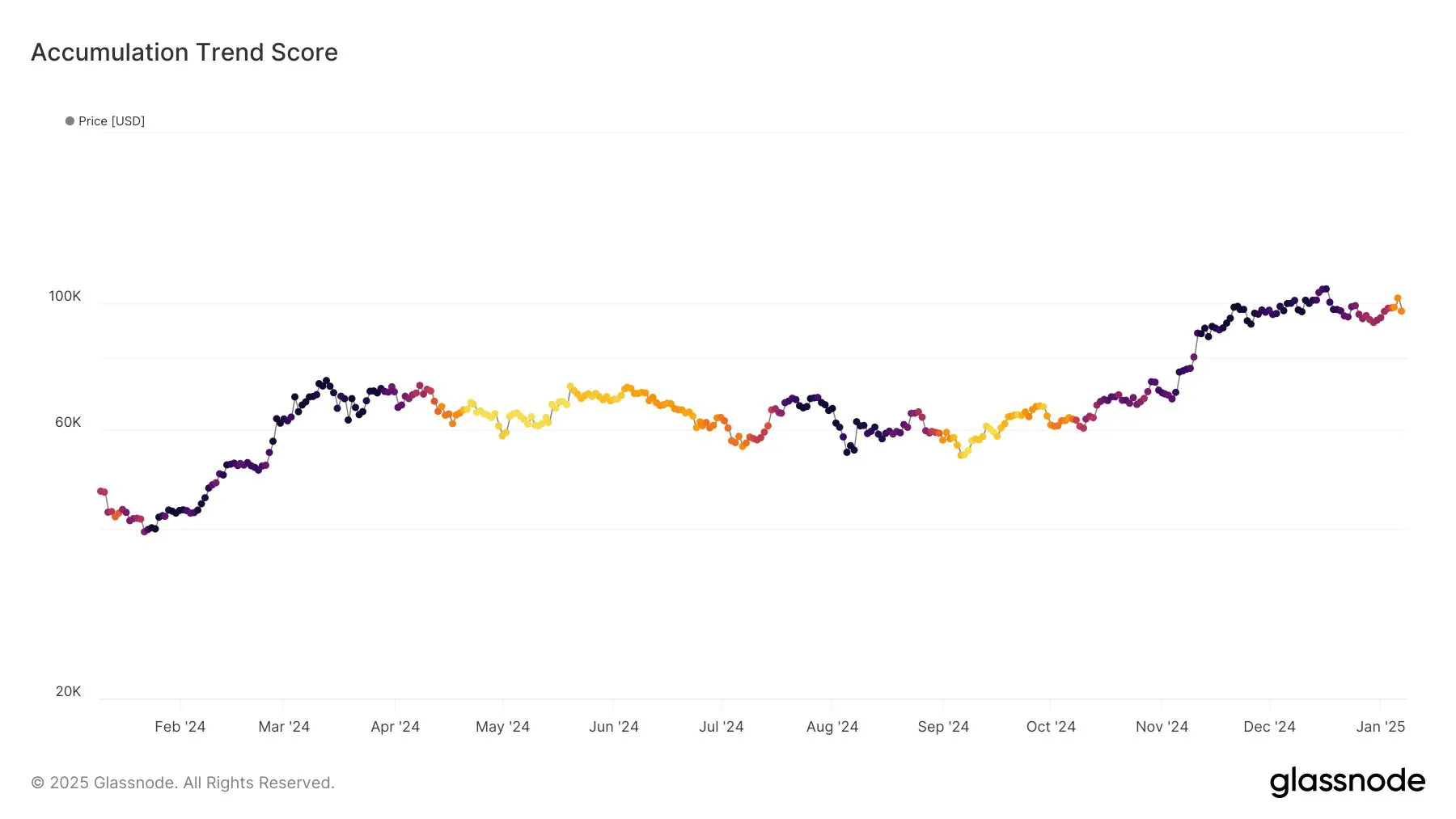With innovative technologies driving efficiency, cost reduction, & sustainability advancements
Cutting-edge technologies from Tetra Pak, a global leader in food packaging and processing solutions, are helping food and beverage (F&B) manufacturers in the Philippines achieve greater efficiency while addressing critical sustainability challenges, from energy efficiency to water conservation.
Cutting Costs with Energy-Efficient Processing
Energy-intensive operations are a significant cost driver for many F&B manufacturers. Tetra Pak’s tubular and plate heat exchangers offer a solution, helping businesses reduce energy consumption and operational costs while maintaining stringent hygiene standards.
“Our advanced heat exchanger technology is designed to optimize energy use, resulting in up to a 40% reduction in electricity costs with our new tubular heat exchanger design,” Tony Mehrtens, Tetra Pak’s Processing Director for Malaysia, Singapore, Philippines, and Indonesia, said. “This reduction translates into lower production expenses and aligns with global efforts to reduce carbon emissions.”
Mehrtens highlighted that numerous F&B companies in the Philippines have embraced Tetra Pak’s heat exchanger technologies, reaping the benefits of reduced operational costs and enhanced compliance with strict food safety regulations.
Water Recovery Innovations Supporting Sustainable Operations
Water scarcity and wastewater management remain pressing issues in the Philippines and often account for a substantial portion of production expenses in F&B companies. Tetra Pak is tackling these challenges with its advanced water recovery systems, which enable manufacturers to reuse water within their production processes. By removing impurities such as residues and balancing high pH levels, these systems facilitate water reuse, significantly cutting down consumption.
In a case study, a Tetra Pak customer reduced water usage by 95%, saving 22 million liters annually. “This technology is highly adaptable to the needs of Filipino manufacturers and can be tailored to meet specific production needs and environmental conditions in the Philippines, offering an opportunity to significantly cut water costs while reducing the environmental impact of wastewater disposal,” Mehrtens said.
Leading the Way in Sustainable Packaging
As consumer awareness of environmental issues grows, Tetra Pak responds with packaging innovations, prioritizing renewable and recyclable materials. The company’s beverage cartons are made with over 70% paperboard content sourced from Forest Stewardship Council -certified forests.
-certified forests.
“We are investing heavily in plant-based materials such as sugarcane-derived polymers and increasing the use of recycled content in our packaging. These efforts are part of our ambition to create the world’s most sustainable packaging,” Mehrtens added.
Tetra Pak has made strides in promoting recycling in the Philippines through initiatives like the Cartons for Communities program. This partnership with the Del Monte Foundation converts used beverage cartons (UBCs) into useful items like chairs and tables. As part of the initiative, Tetra Pak set up UBC collection points nationwide in malls, condos, schools, and junk shops.
Mehrtens highlighted the company’s significant investment in innovation. The company plans to allocate €100 million (P6.379 billion) over the next five to ten years to further reduce plastic and aluminum usage and increase fiber content in its packaging material.
Advancing Sustainability in the Philippine F&B Sector
Beyond packaging and processing technologies, Tetra Pak provides end-to-end solutions to help F&B businesses achieve their sustainability goals. Mehrtens emphasizes that “we support our partners in creating sustainability roadmaps, reducing CO2 emissions, and enhancing recycling efforts to remain competitive in a rapidly evolving market.”
With over 70 years of industry experience, Tetra Pak continues to empower Filipino manufacturers with the tools and insights needed to navigate the green transition. “Sustainability isn’t just about reducing environmental impact—it’s about empowering businesses to thrive in a competitive and conscious market,” Mehrtens said.







Leave a Comment